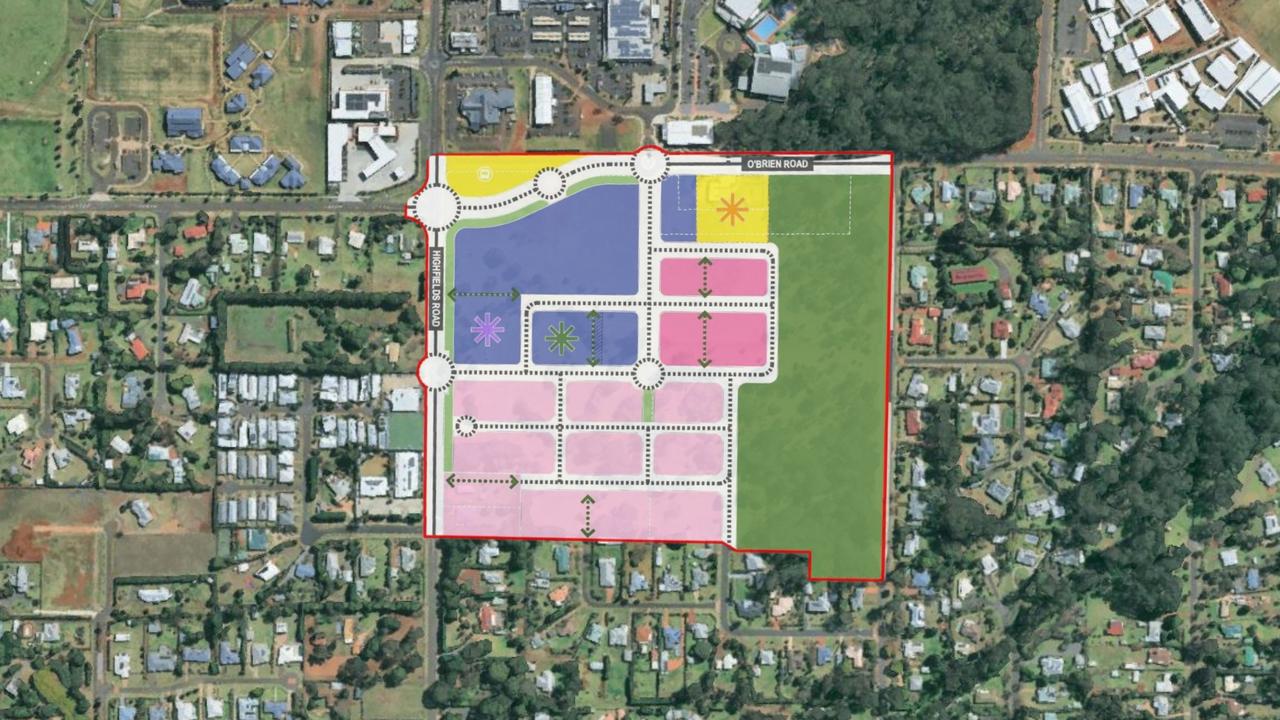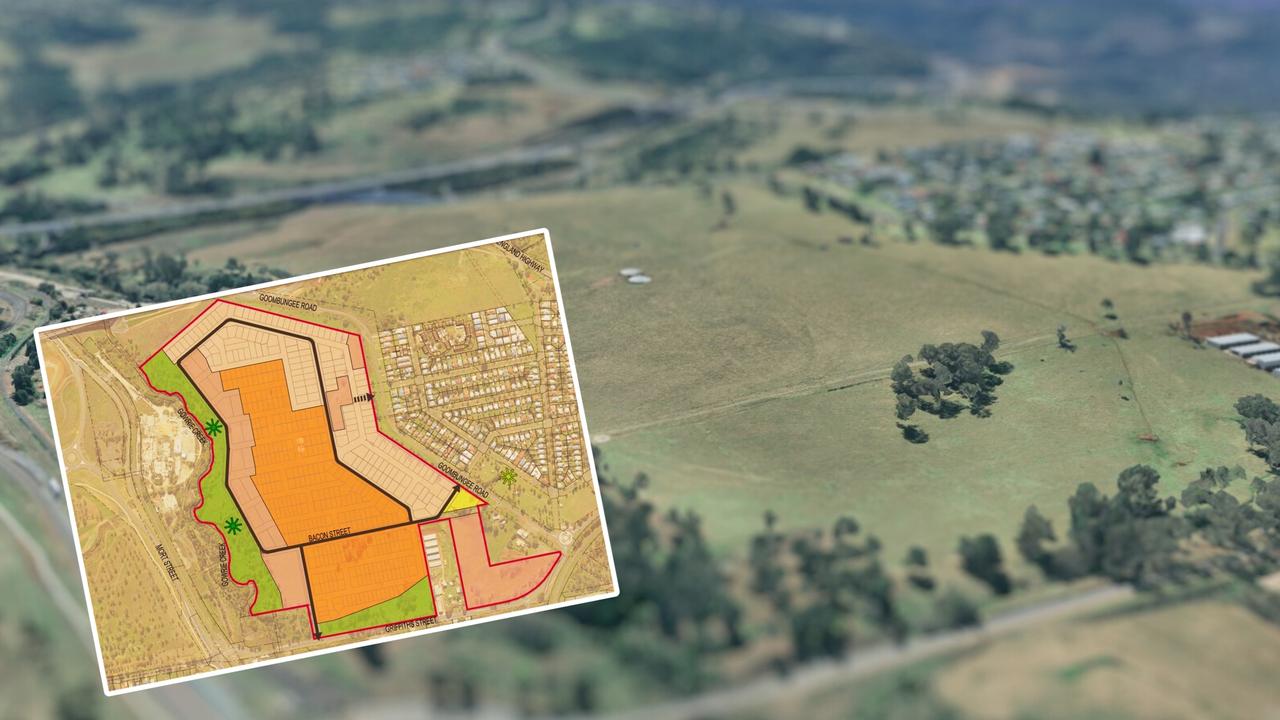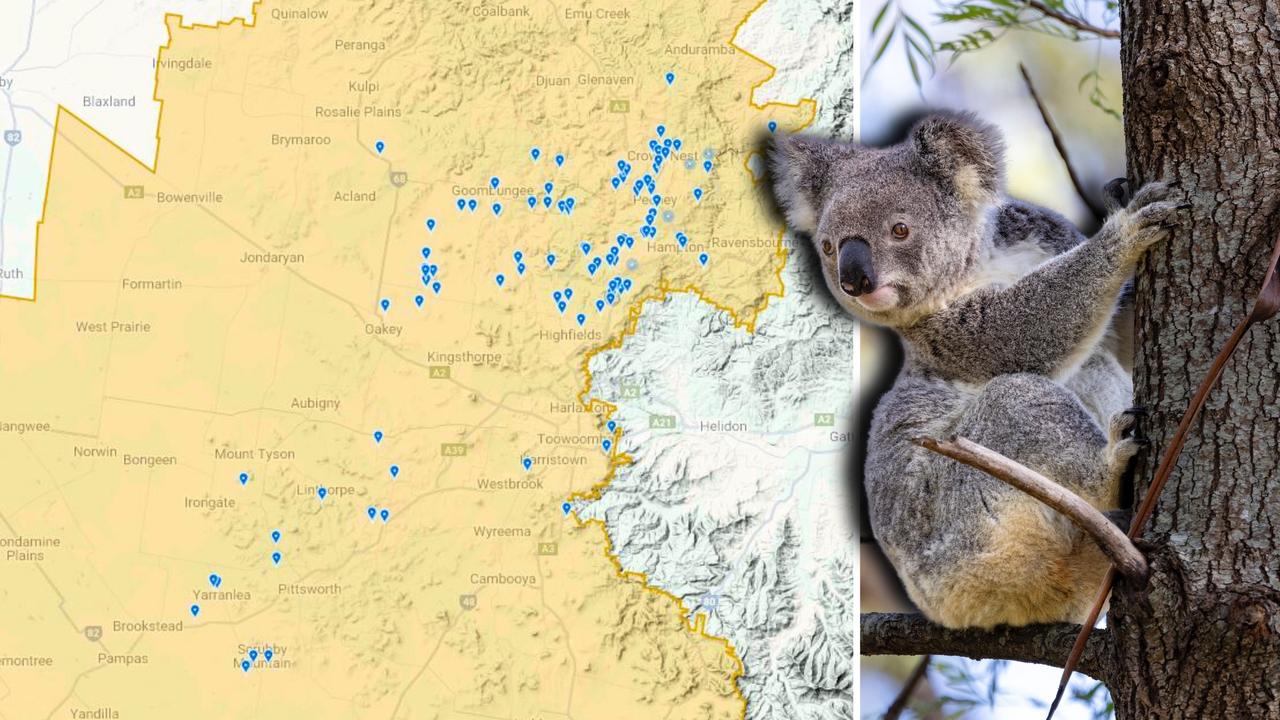Toowoomba council fines Neil Mansell Transport truck for parking in driveway of homeowner to deliver concrete
A Queensland company has been left confused by its local council after one of its trucks was fined for “blocking the driveway” of a property for which it was delivering concrete.
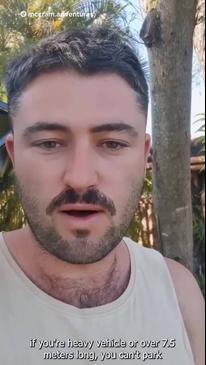
Council
Don't miss out on the headlines from Council. Followed categories will be added to My News.
The manager of a major Toowoomba concreting company has slammed the council after one of its trucks copped a parking fine for delivering products to a homeowner — a situation he says would occur every day.
Neil Mansell Concrete was issued a $64 infringement last month after one of its vehicles used the driveway of the resident it was servicing to deliver concrete as part of works at the address.
Technical manager Rod Evans said he was left bemused when he received the notice from the council for the infringement, which occurred on October 3 at a residence on Hoey Street in Kearneys Spring.
A photo attached to the fine shows the truck reverse-parked in the driveway, with about some portion of the vehicle sitting on the road.
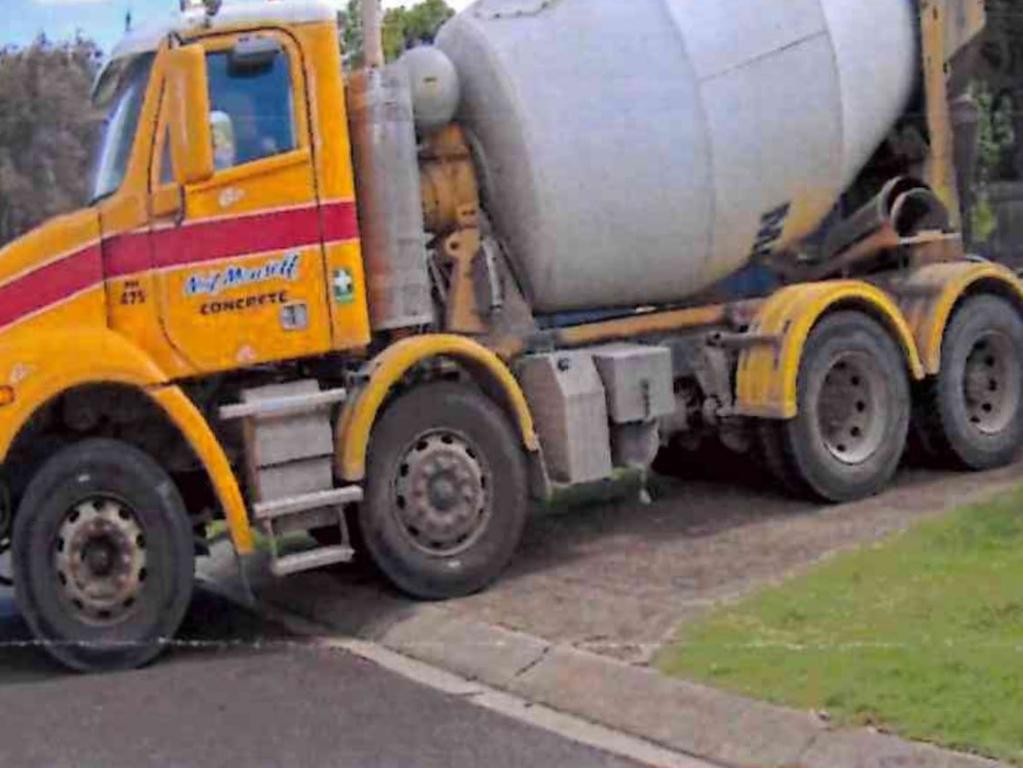
Mr Evans said not only did he believe there was no issue with how his driver had parked, but there was no interaction between the worker and any council employee during the 25 minute-period the truck was parked.
“He wasn’t out on the road at all, the infringement was for blocking the driveway,” he said.
“The owner wasn’t our client, our client was the contractor who had asked us to bring the concrete — there was no complaint (from the owner).
“The driver didn’t even have a conversation with the ticket officer — it’s a local road, it’s not a main street.”
Mr Evans appealed the fine, but this was denied by the council.
“Please be advised that parking on or across a driveway may obstruct the view of other road users,” the officer wrote in the reply on October 29.
“It is also important to consider the significant risk to persons, including personal liability, should an incident or damage occur where it can be shown an unlawful activity had contributed to the cause.
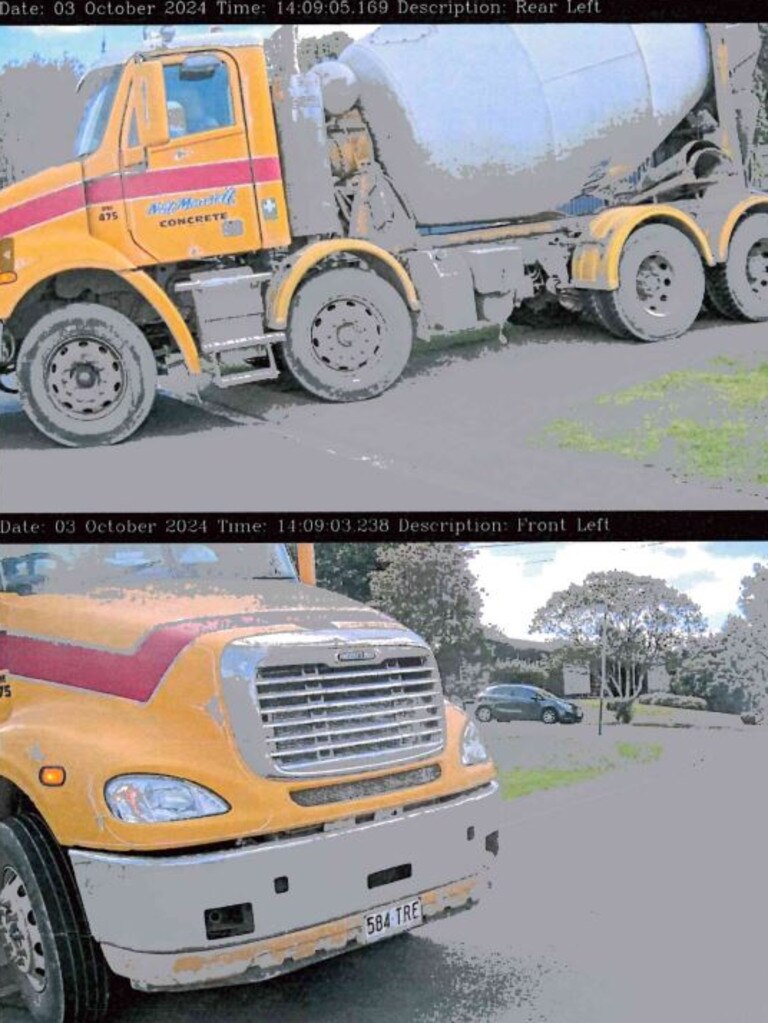
“Council has investigated all aspects of this infringement, including the information you have provided and the evidence gathered at the time by our authorised officer, and can confirm the ticket has been issued to your vehicle without error.
“The reasons you have outlined in your review have been considered, and the situation were placed in is noted and understood. However, this does not relinquish your responsibility to park lawfully.”
Mr Evans said his vehicles had not been issued a fine of this nature before, questioning whether it was a good use of council resources.
“We could cop one every day, because that’s just how you deliver concrete — surely a furniture removalist would also cop it,” he said.
“We try to avoid parking on grassy areas because they’re going to leave wheel tracks — what would happen is it would wreck the footpath and the grass.
“Our driver has done it the way we’d want him to do it.
“I’ve been in the industry 30 years and I’ve never heard of it — it’s almost like somebody is playing a joke on us.”
It comes just weeks after councillor Gary Gardner raised concerns about proactive patrolling of parking in Toowoomba’s suburban areas.
“I’d say it’s more than reactive, because I’ve had vehicles fined there on the roads that are on council land — I think sometimes they’re out there fining everyone they can,” he said during a meeting last month.
This assertion has been disputed by council officers.
It is unclear whether the infringement was detected by an officer in person or with the council’s new license plate recognition vehicle.
Council responds to fine dispute
In a statement, environmental and regulatory services spokesman councillor Bill Cahill said the infringement was detected due to officers responding to a separate complaint from residents about parking on the footpath.
"While it is acknowledged that permission from a property owner may have been sought, the legislation is enforced for numerous reasons, such as allowing unrestricted emergency access to underground infrastructure, access for emergency services (even to this particular property, for example) and pedestrian access," he said.
"For example, in this instance, a pedestrian would have to walk out on the street to circumvent this vehicle.
"People who park across or block driveways, footpaths and bikeways create a safety hazard for other road users."






